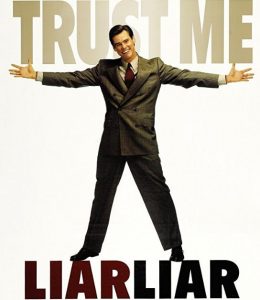The recent High Court decision of Pinkus v. Direct Line provides some insight as to how posting on social media can have an effect on a personal injury claim.
Mr Pinkus was injured in a road traffic accident that occurred on the 21st August 2012. Liability for the accident had been admitted. Mr Pinkus said that he had suffered significant psychological effects from the accident.
The Judge stated within his Judgment “I find that the fact that he can put posts on social media in the way that he has and clearly get enjoyment from all sorts of everyday activities is a reflection of the fact that he has fabricated/exaggerated his symptoms and even in the first 6 months, they were not as severe as he has depicted and this further supports my conclusion that he has significantly exaggerated and fabricated his difficulties”.
There are a number of issues to be drawn from the judgment and the overall decision was not based solely on what the Judge saw Mr Pinkus had posted on social media. Looking as a whole, the Claimant was found to be fundamentally dishonest and social media findings had a negative effect on the credibility of the Claimant.
Despite the earlier admission of liability, the finding of fundamental dishonesty means that Mr Pinkus’s claim, which was pleaded in excess of six figures, was dismissed in its entirety.


